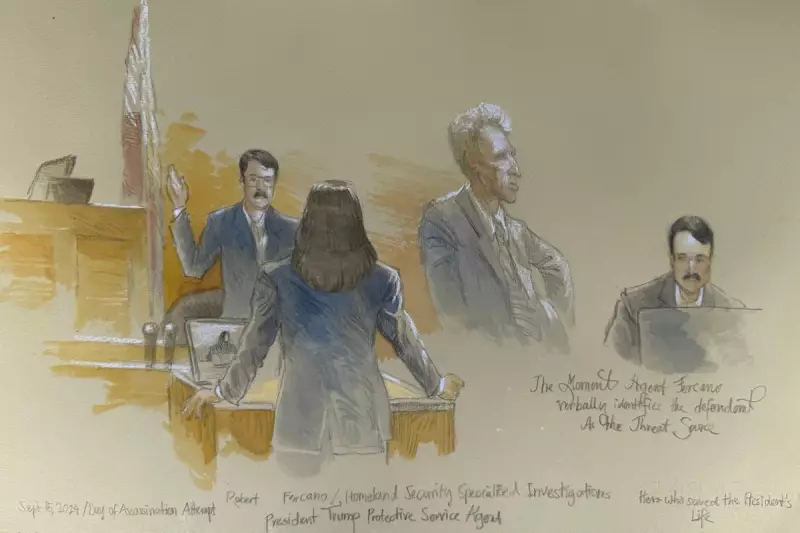
In a bold legal manoeuvre, former US President Donald Trump has formally petitioned Florida-based Judge Aileen Cannon to entirely dismiss the criminal case concerning his handling of classified documents. The motion, filed on Thursday, represents a significant escalation in Trump's defence strategy.
The core argument hinges on a controversial claim of 'absolute immunity.' Trump's attorneys contend that the actions leading to the charges were undertaken during his tenure as President and thus constitute 'official acts,' shielding him from prosecution.
The Immunity Argument
This defence mirrors the one currently under scrutiny by the US Supreme Court in relation to a separate case concerning the 2020 election. By invoking this in the Florida proceedings, Trump's team is attempting to synchronise his legal battles and leverage a potentially favourable high-court ruling.
The filing states: "President Trump is entitled to immunity from prosecution for his official acts. The charges in the instant case hinge on alleged decision-making that falls within the exclusive scope of his constitutional authority as Commander in Chief."
Judge Cannon's Critical Role
All eyes are now on US District Judge Aileen Cannon, a Trump appointee who has previously presided over aspects of this case. Her forthcoming decisions on this and other pending motions to dismiss will critically shape the trajectory and potential timing of a trial, which currently lacks a scheduled start date.
The prosecution, led by Special Counsel Jack Smith, alleges Trump wilfully retained national defence information and obstructed justice after leaving the White House. Trump has pleaded not guilty to all charges.
This latest motion is seen by many legal experts as a protracted effort to delay the trial, potentially until after the forthcoming November presidential election. Should Trump win, he could potentially order the Department of Justice to drop the case entirely.
The unfolding drama in the West Palm Beach courtroom continues to captivate political and legal observers, setting the stage for a pivotal judicial decision on the limits of presidential power.






